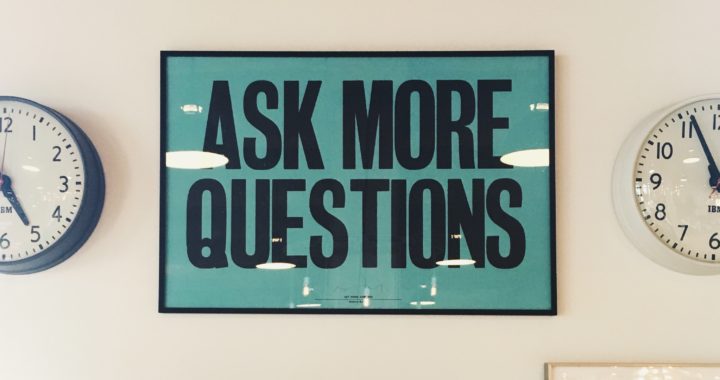The manager who took his manufacturing plant from the lowest to the highest producer nationwide within 18 months.
The VP of Finance who increased engagement by 25% and got a faltering $30 million initiative back on track.
The Nursing Director of a renowned research hospital who spearheaded a controversial, hardline “no gossip” policy…and saw employee and patient satisfaction scores increase by double digits.
The team leader who stepped away from a meeting to call his wife ended up having the best conversation he’d had in 10 years.
What do these people have in common?
They know their success and satisfaction – both in business and in life – depend on trust. They know that trusting relationships are built by making certain choices. Specifically, choices around how they show up in their relationships with other people.
In other words, their behavior.
Are you willing to make different choices about your behavior? Choices guaranteed to build trust in your ability to lead, both at work and outside of work?
After all, you don’t need direct reports to be a leader. You’re already accountable – to yourself. You lead your own life, right?
My partner Michelle and I built a new tool for you. It’s an online trust quiz, it’s free to use, and it only takes 60 seconds. Can a 60-second quiz actually help you become a stronger leader…both of others, and of yourself?
We’ll be straight with you: building and sustaining trust is hard work. It’s not a one-and-done, plug-and-play exercise. To become a high-trust leader – a high-trust person – you’ve got to work at it. We all do.
But that’s what leadership’s all about, right? Working at it. If you agree, you’re in the right place, because we‘re here to support you.
We built this quiz for you – to help you take on trust, build trust, and sustain trust in the relationships you most value.
The quiz is scientifically proven for leadership trustworthiness.
It’s actually a thumbnail sketch version of our statistically reliable, valid assessments, which are backed by 25 years of trust-focused research and global application.
Take the quiz. It’s free, and it only takes a minute – literally.
You’ll learn key behaviors you already practice to build trust. You’ll learn how to do more of what you’re already doing right!
And, you’ll learn where you can make stronger choices in how you behave. You’ll discover where to devote your focus, energy, and attention.
You’ll come away with scientifically proven tips, steps, and tools to dig in and take trust in your leadership to the next level. You can’t find these resources anywhere else. Why?
Because we’re the only trust experts around who’ve devoted our entire professional lives to trust building.
Take the quiz. Invest 60 seconds. Learn what you can do to truly connect with and bring out the best in other people…and in yourself. Learn to build leadership trustworthiness.
Yours in trust,
Dennis Reina
Updated November 2025













